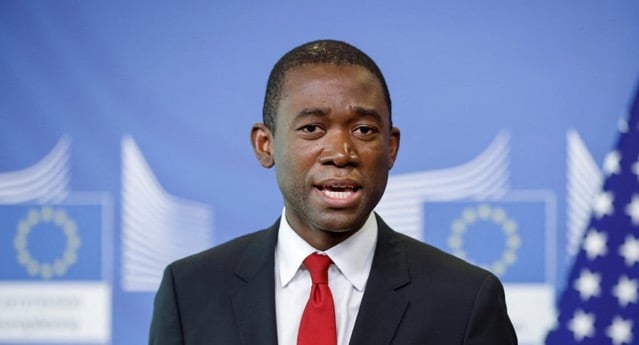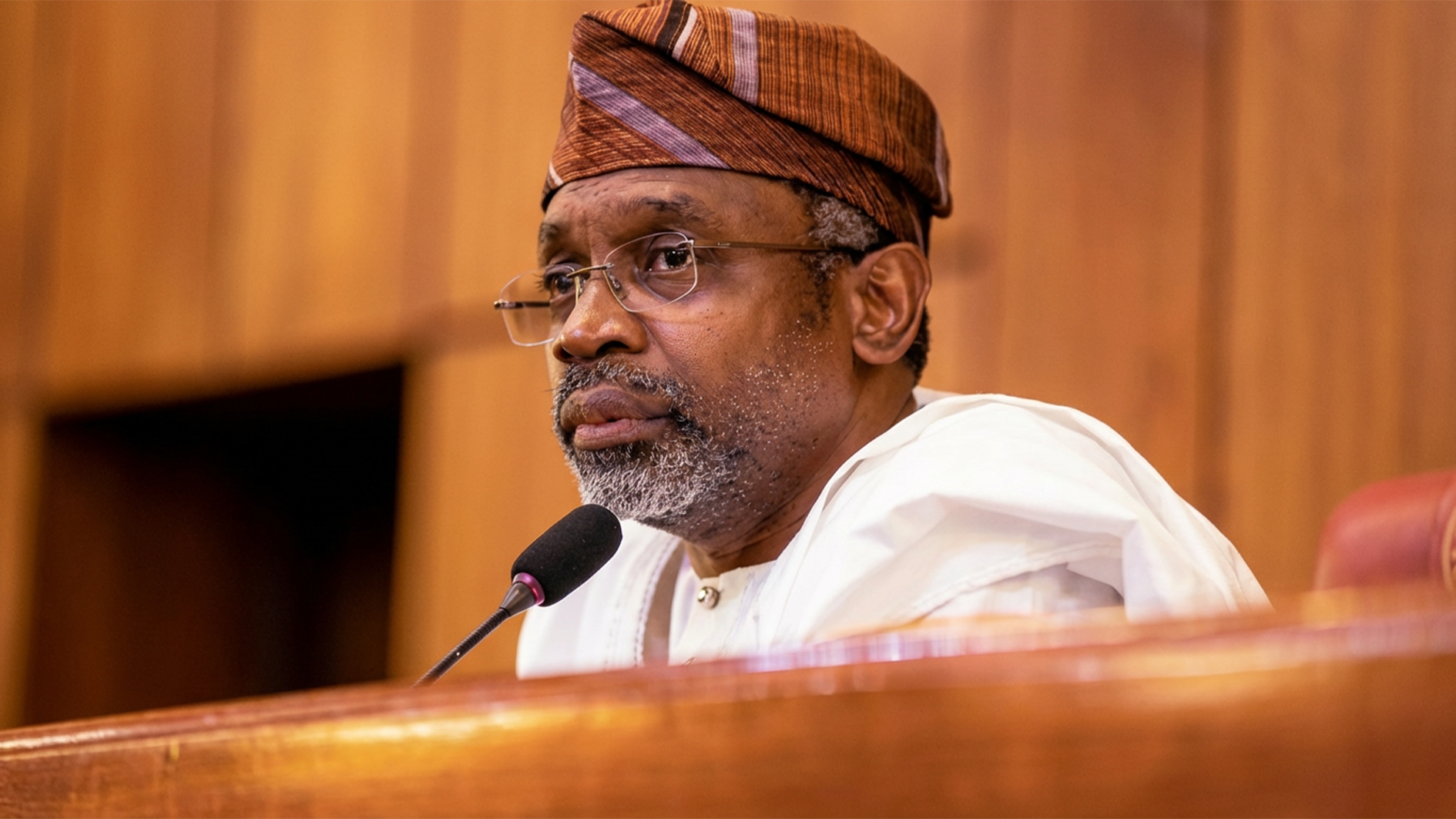
Deputy Secretary, U.S. Department of the Treasury, Wally Adeyemo, yesterday, blamed instability of the naira, corruption, and lack of integrity for Nigeria’s financial woes, even as he proffered solutions.
Adeyemo spoke, when he visited the Lagos Business School, calling among others, for unification of the country’s foreign exchange, with a view to attracting foreign investment.
Part of his speech reads: “This is a critical moment in Nigeria, where decisive actions by your government and the determination and shared effort of the Nigerian people can create the changes needed to unlock the unrealised opportunity of Africa’s most populous country.
“Nigeria needs a stable naira. You step into any small business or market, and you will hear shop owners and customers bemoaning the lack of a stable currency. Unifying Nigeria’s foreign exchange rates will create the kind of macroeconomic stability that is essential to attracting foreign investment. We commend the difficult steps your government has already taken to accomplish this goal. The path to unification is not easy, but going backwards would be even worse.
“The government needs to articulate and implement a fiscal strategy that will provide the resources to make critical investments. I recognise the decision to end fuel subsidies is hard for many Nigerian households, but it was an important early step to create resources the government can use to invest in physical and digital infrastructure, education, and a strong small business environment.
“There is nowhere this need is greater than the agriculture industry, which despite the digital revolution taking place remains Nigeria’s top employer. Its full potential is held back by issues like access to fertiliser, limited use of new technology, access to water and land, the availability of credit, and high market entry costs.
“The third factor for growth is a rooting out of corruption and the perception of corruption in the business environment. I know the Nigerian people are willing to make sacrifices in the service of progress but have a legitimate fear that corruption and mismanagement will dash their hopes.”






